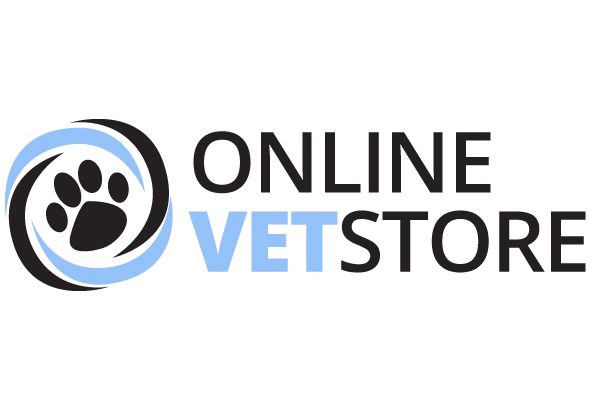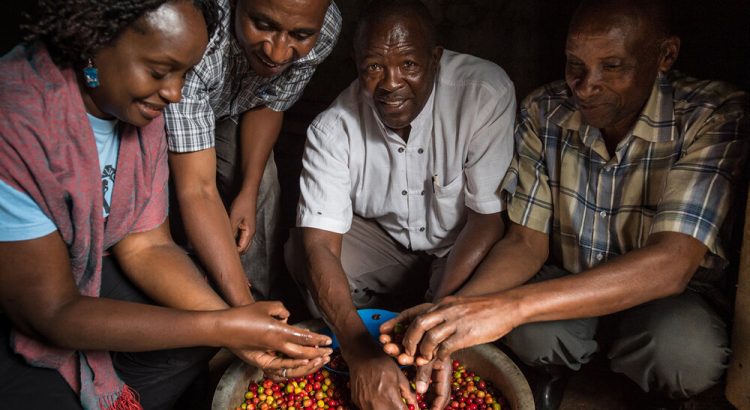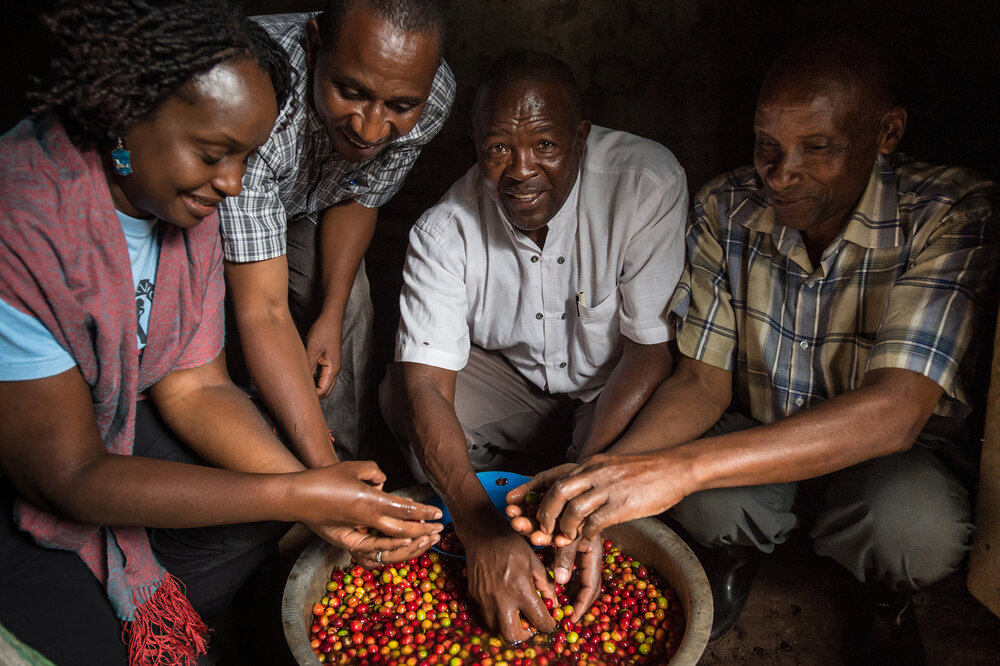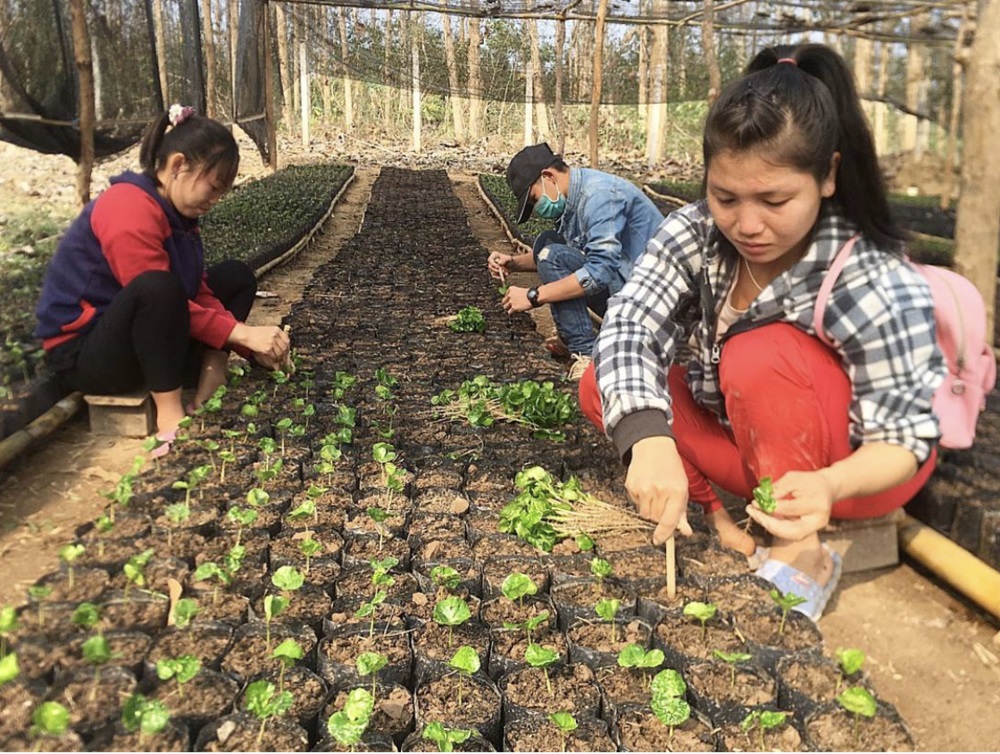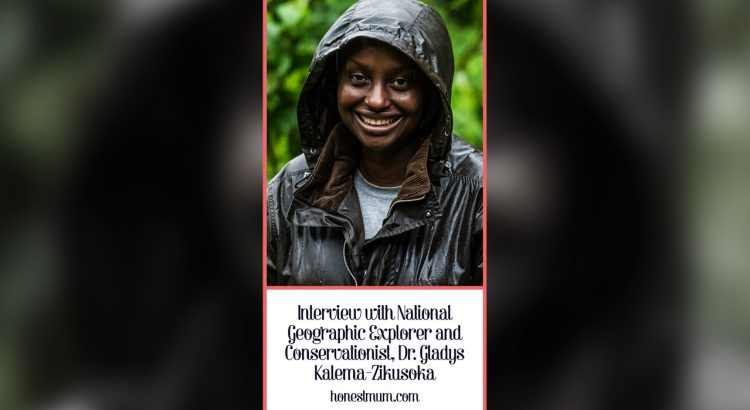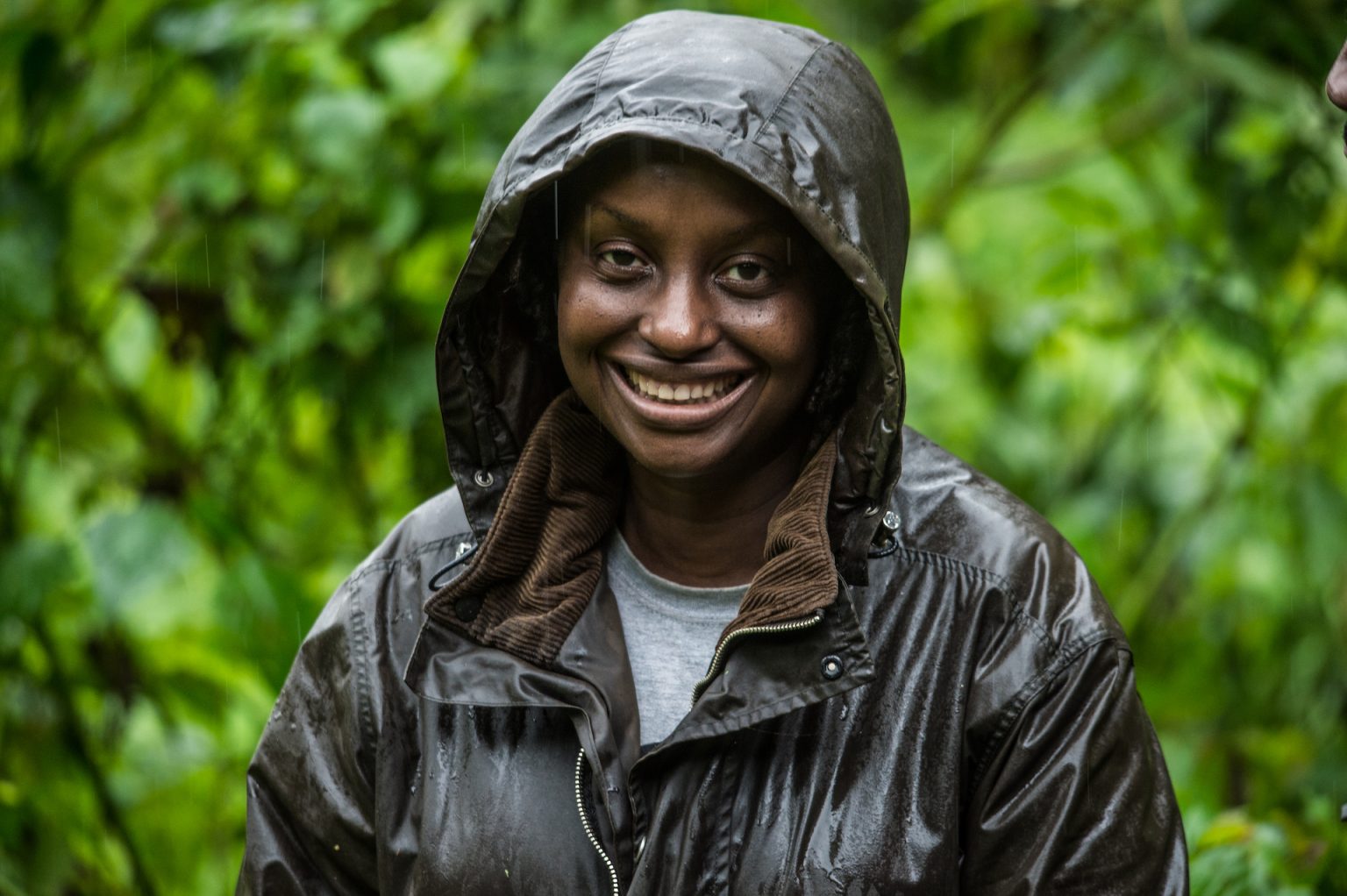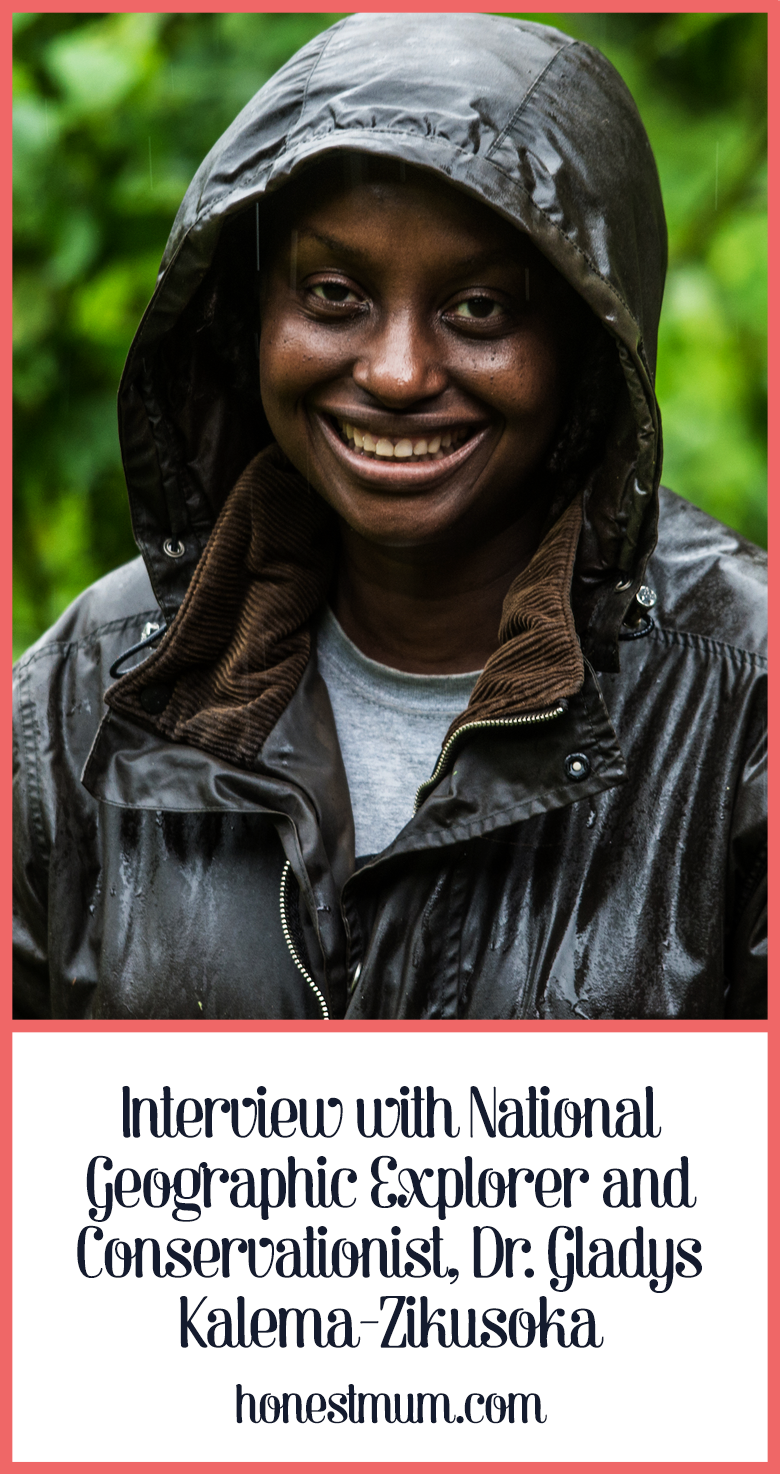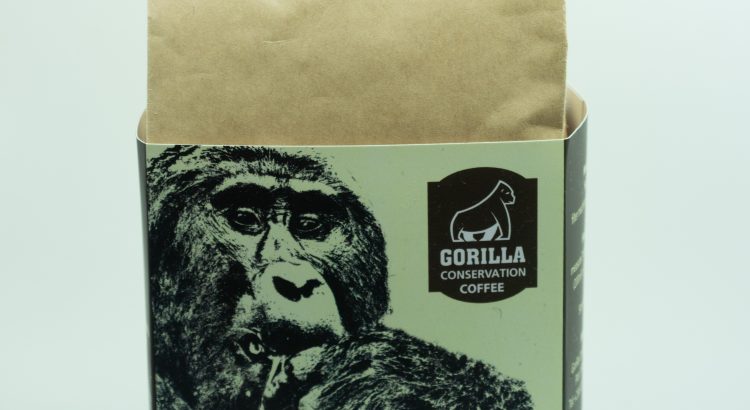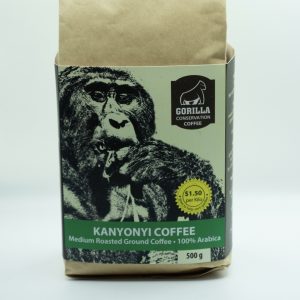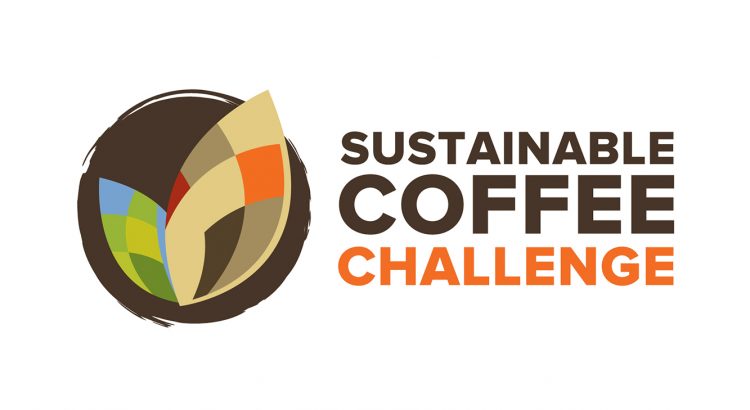Gorilla Conservation Coffee
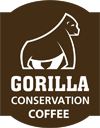
Saving gorillas – One sip at a time!
100% Arabica Single Origin Specialty Coffee.
Gorilla Conservation Coffee is a social enterprise created through the partnership between Conservation Through Public Health and World Wide Fund for Nature Switzerland. Gorilla Conservation Coffee pays a premium price to coffee farmers living next to gorillas around Bwindi Impenetrable National Park. Supporting local farmers helps protect the critically endangered gorillas and their fragile habitat.
The coffee blend is named after Kanyonyi, the lead silverback of the Mubare gorilla family who live in Bwindi Impenetrable National Park, Uganda.
The Kanyonyi blend is a medium roasted 100% Arabica Coffee from Uganda. The coffee is handpicked, wet processed and roasted. Each cup has a unique aroma with hints of caramel, butter and almond.
Coffee with a cause!
 Gorilla Conservation Coffee pays a premium above market price to coffee farmers who are living next door to the gorillas around Bwindi Impenetrable National Park, and further supports the farmers through training in sustainable coffee farming and processing. This helps to improve the coffee quality and increase production yield, which additionally helps to protect the critically endangered gorillas and their fragile habitat. A portion from every kilogram of roasted branded coffee sold is donated directly to support Conservation Through Public Health’s work with gorillas and the local community.
Gorilla Conservation Coffee pays a premium above market price to coffee farmers who are living next door to the gorillas around Bwindi Impenetrable National Park, and further supports the farmers through training in sustainable coffee farming and processing. This helps to improve the coffee quality and increase production yield, which additionally helps to protect the critically endangered gorillas and their fragile habitat. A portion from every kilogram of roasted branded coffee sold is donated directly to support Conservation Through Public Health’s work with gorillas and the local community.
Meet Kanyonyi
 The blend is named after the former lead silverback gorilla of the Mubare Gorilla Group, the first group habituated for tourism at Bwindi Impenetrable National Park, Uganda.
The blend is named after the former lead silverback gorilla of the Mubare Gorilla Group, the first group habituated for tourism at Bwindi Impenetrable National Park, Uganda.
Kanyonyi was born in 1996 and named after the little stream where he was born. Kanyonyi signifies what has been achieved in conservation since Bwindi Impenetrable Forest was made a National Park in 1992 and tourism began in 1993. Kanyonyi’s father – Ruhondeza – was heading Mubare group when tourism began in Bwindi, and his accommodating nature brought significant benefits to the Bwindi local community.
Dr. Gladys Kalema-Zikusoka, as the first Veterinary Officer of the Uganda Wildlife Authority, successfully operated on Kanyonyi’s older sister who had a rare condition of a rectal prolapse, and was named Kahara because she liked to baby-sit her younger brother, Kanyonyi. When Ruhondeza died in 2012 the local community came to pay their last respects, showing that their relationship with the park management has greatly improved and that the local community values mountain gorillas. Our hopes are that the Kanyonyi Coffee Blend will continue to build upon these conservation efforts by providing a meaningful livelihood to farmers who live next door to the critically endangered mountain gorillas.
About the coffee
The coffee is 100% Ugandan grown premium Arabica that is selectively harvested for only red ripe cherries, hand-picked, wet processed and dried under shade and tested for quality parameters at every level. The filter coffee is roasted medium and packed to the highest quality standards. Each cup has a unique aroma with hints of caramel, butter notes and almond, with a citrus taste and a sweet finish.
Where can I purchase Gorilla Conservation Coffee?
Online Vet Store proudly has Gorilla Conservation Coffee beans, filter and espresso available for sale: SHOP NOW
Our connection
 Rangiora Vet Centre Vet, and Director Dr Ben Davidson, who created Online Vet Store, has been interested in wildlife and the natural world since he was a young kid.
Rangiora Vet Centre Vet, and Director Dr Ben Davidson, who created Online Vet Store, has been interested in wildlife and the natural world since he was a young kid.
Travelling through Africa for 3 months, from Uganda to South Africa, was the beginning of his fascination and connection with this continent. He has been back twice since then, once to Rwanda to see the mountain gorillas in Virunga National Park and again to see them in Bwindi Impenetrable Forest in Uganda.
Both of these trips were part of his MVSc which he completed through Edinburgh University. In the most recent trip he travelled with Prof David Hayman, a world leading researcher in wildlife disease, based at Massey University to western Uganda. This was as part of a 5 year research program investigating disease transmission between humans, domestic livestock and the mountain gorillas in Uganda.
Working alongside Dr Gladys and her team at Conservation Through Public Health (CTPH) he was collating data collected through surveys from local villagers. Dr Gladys was the first vet to work for the Ugandan Wildlife Authority and soon found her passion lay with protecting and ensuring a future for the critically endangered mountain gorilla. She took a high level and broad view and established CTPH in 2004. This NGO monitors the health of the local villagers, their livestock as well as the health of the local gorilla populations. Her team educates villagers about birth control, food and personal hygiene for the purpose of not only improving their health but also to take pressure off the National Park which is home to the gorillas, as well as reduce the risk of passing on disease to these animals.
Dr Gladys has also started Gorilla Conservation Coffee, a social enterprise that helps the coffee farmers bordering the park to make a better living for themselves and their families. The co-op that she formed pays a premium for their organic arabica beans and for every kilogram of beans sold US$1.50 goes back to gorilla conservation.
Dr Ben Davidson has been invited to stay on for the duration of the research project with CTPH and completed his masters in August 2019 with the completion of his thesis. He is looking forward to future work with Dr Gladys and her team and playing some small part in ensuring a future for the mountain gorilla.
What makes us unique?
Gorilla Conservation Coffee is the only Ugandan coffee expressly created to help conserve the mountain gorillas by directly supporting farmers living around the gorillas’ habitat in subcounties bordering Bwindi Impenetrable National Park. Conservation Through Public Health is working with Uganda Wildlife Authority, local communities and other organizations, to improve education, healthcare and livelihoods, so that humans and mountain gorillas – like Kanyonyi and his family – can coexist. Together, we can make a direct difference for smallholder farmers and critically endangered mountain gorillas.
More information
